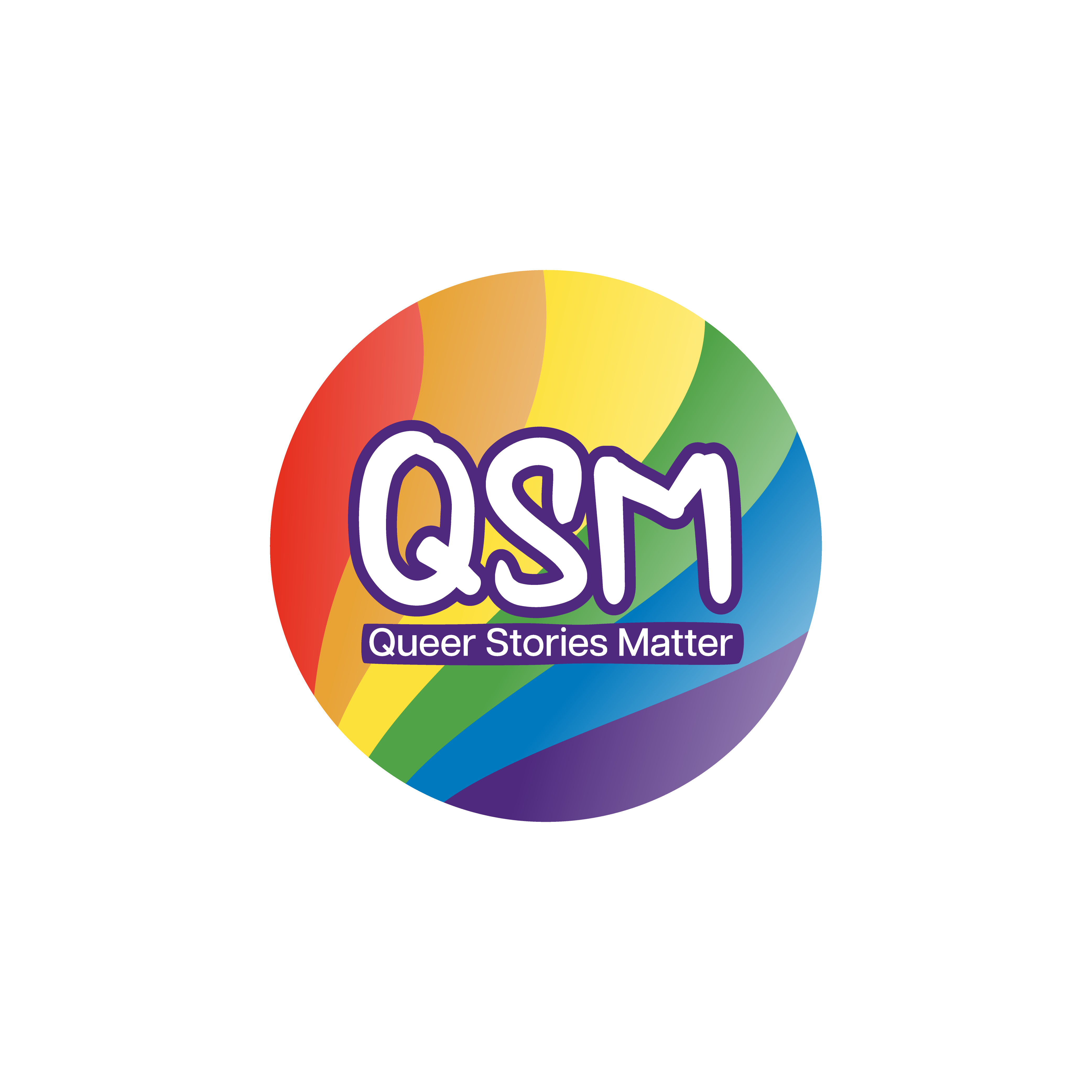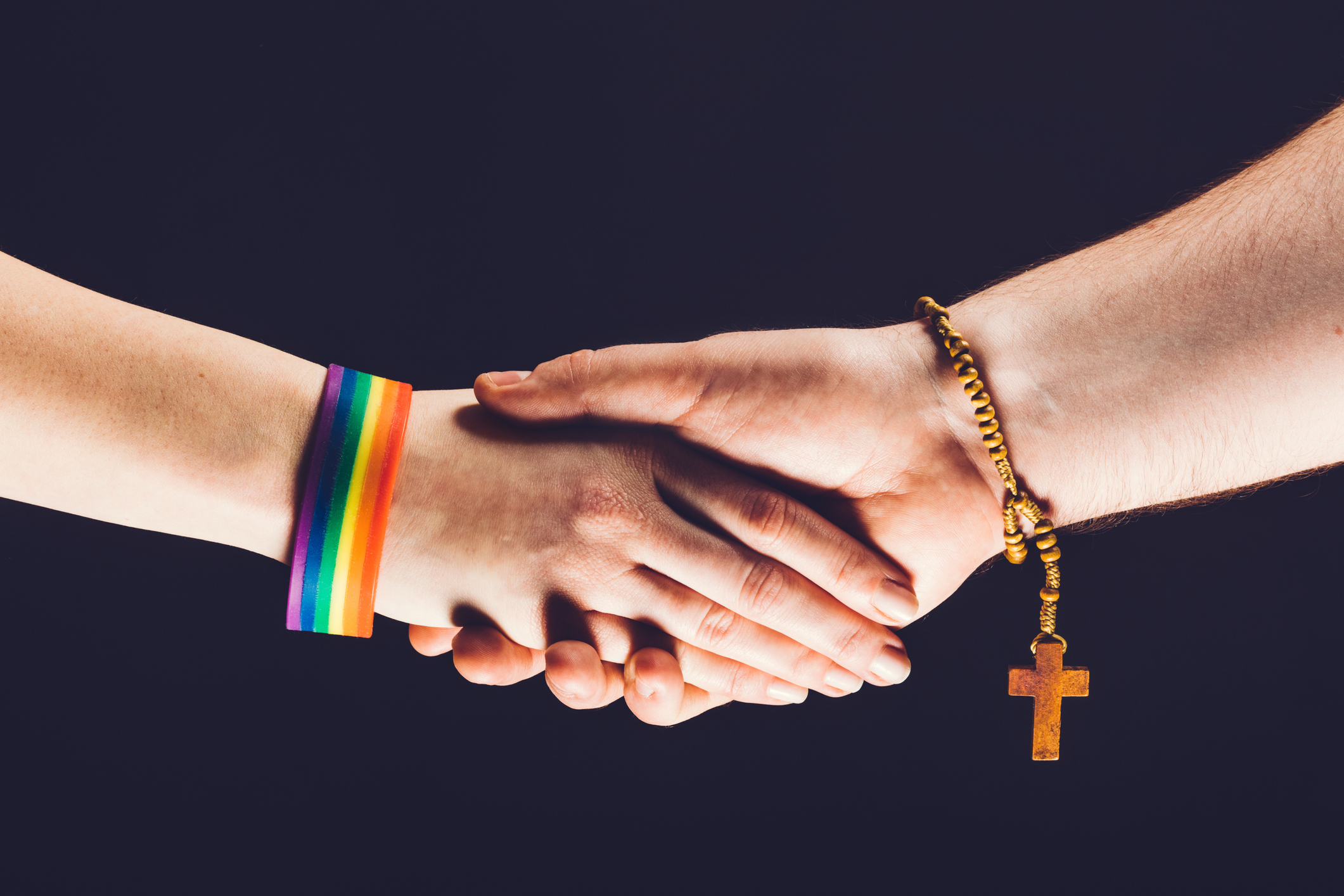One of the constant internal battles we fight as people is with prejudice. I think no person is without prejudice and I think it’s human to be prejudiced. It’s more important that we recognise prejudice in our behaviour and work to overcome it so that it doesn’t affect our lives and relationships.
I will tell you a story about a very religious family I met once. It made me realise that, even though we are sometimes subjected to prejudice and unfair treatment because of our sexual orientation, we may forget that people are different and not everyone is prejudiced against us.
As a bit of background: in 2010, I lost my job and my apartment and instead of staying in Sofia and dealing with all the hassle of searching for new ones, I decided to join a three-month project of the European Volunteer Service. I was going to volunteer at a day centre for people with disabilities in the city of Iași in Romania. I was placed to live with Mihai and Elena – an elderly, straight Romanian couple of teachers.
Everything was going great until one morning they told me they are very religious and belong to the Seventh-day Adventist Church. I was petrified. I had told them about myself, my sexuality, and so on (at that time, I was making efforts to be more open about these things). I didn’t know anything about their church but I assumed they were not okay with LGBTI+ people. Mihai and Elena were very kind and educated (and spoke English very well), always smiling, and had never showed any negative attitude towards me. But in my head, I started worrying that they would reject me or treat me badly. These thoughts had a very negative impact on me. How was I going to spend three months with a couple that was so religious and part of a church that in Bulgaria is sometimes branded “a cult”? Surely, their smiles and kindness were just a front and they actually despised me; otherwise why would they tell me that their religion and church were so important to them?
I started panicking and I avoided them for a whole week. I even locked the door of my room during the night because I was feeling uneasy in the house. My worries were exacerbated by my situation – I was in another country, my housing with Mihai and Elena was arranged by the programme, and I only had a small amount of pocket money that the programme was giving me. The word “cult” stuck in my head and I kept thinking about all those newspaper stories in Bulgaria in the 1990s about the uncontrollable growth of religious groups in the country. And, as an LGBTI+ person, I knew that religions are not at all friendly to us.
It had been a week since I started avoiding Mihai and Elena before and after work. But one Sunday morning, when I went down to the kitchen to make some tea, I saw them sitting at the table. There were three plates of paska (a type of sweet bread) on the table and they were expecting me for breakfast with a worried look in their eyes. I (even more worried) sat down and we started an awkward conversation. They said they’ve noticed that I was tense and withdrawn for more than a week and they were worried and wanted to talk to me. I decided to tell them the truth – that I was tense because I had told them I was gay and I thought they would have strong feelings towards me. Then grandpa Mihai said “Our Church doesn’t approve of people like you. But grandma and I are smart people – we use the church to support our faith. And our faith has nothing against anyone. You’re welcome here.”
Suddenly I felt a mix of shame, relief, and incredulity. It was the first time I really felt the “religious” in “religious people”, that is, their goodness and their spirituality. I felt like I was connecting to them through their desire to accept me and to forgive me for my behaviour – after they had generously opened up their home to me. If they had not reached out to me and showed me their understanding and humanity (despite my prejudice towards them), I would’ve spent the entire three months thinking they hate me because of their religion and my sexuality.
I apologised sincerely and thanked them from the bottom of my heart. Later, I remembered how in Bulgaria we brand all Christian churches (apart from the Eastern Orthodox) as “cults” and we fear them. I realised that I had brought my prejudice with me and imposed it on a kind and intelligent family in another country. I also realised that someone can be religious and follow the rules and canons of their church but also be able to make exceptions from these rules. And that we need to remember that each person is different and even if we’re hurt and tired of a certain group of people, we need to approach each person with an open mind.
These three months of volunteering in the day centre for people with disabilities, and my stay with Mihai and Elena, were one of the best periods of my life. While I was there, we became close and we talked a lot, every day. They even took me to their church several times. Unfortunately, Mihai passed away in 2012 and Elena shortly after him. I’ll always remember them as people I initially branded as fanatics but who later became my friends. With their kindness, the two of them were a great wake-up call, and a life lesson, for me.
Now, years later, I still remember this story. I am still not religious but I’m no longer afraid of speaking with religious people. I know that among them I might find another kind and curious grandpa Mihai or a grey-haired and smiling grandma Elena. We never know what kind of people we’ll find beneath the cloak of prejudice that we put on people.
(This story was sent by A. from Bulgaria and translated by me. Read the story in Bulgarian here. If you want to send a story about your experiences with religion, faith, church or spirituality, see the Call for Contributions. If you want to share a story on a different topic, see the Contact page.)

